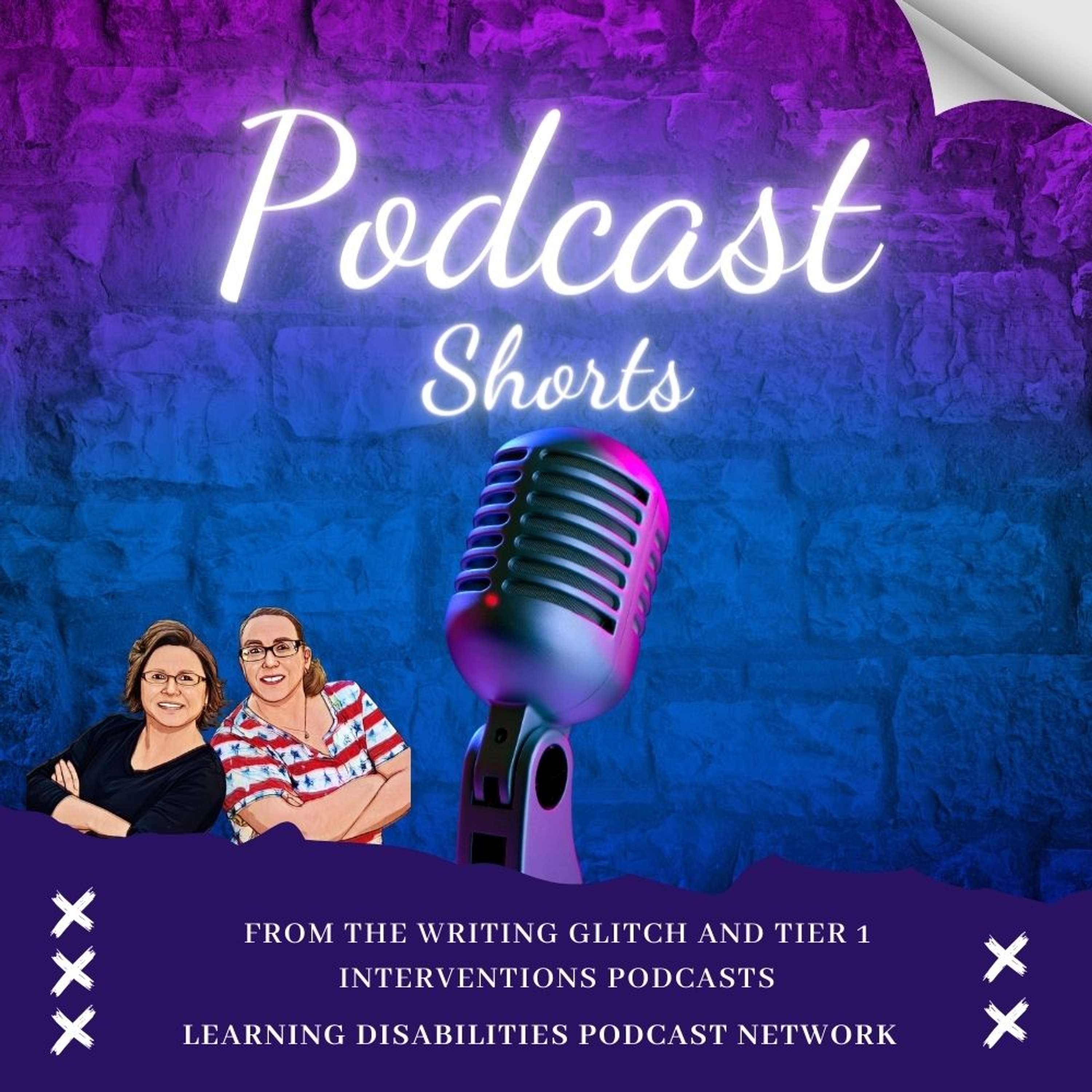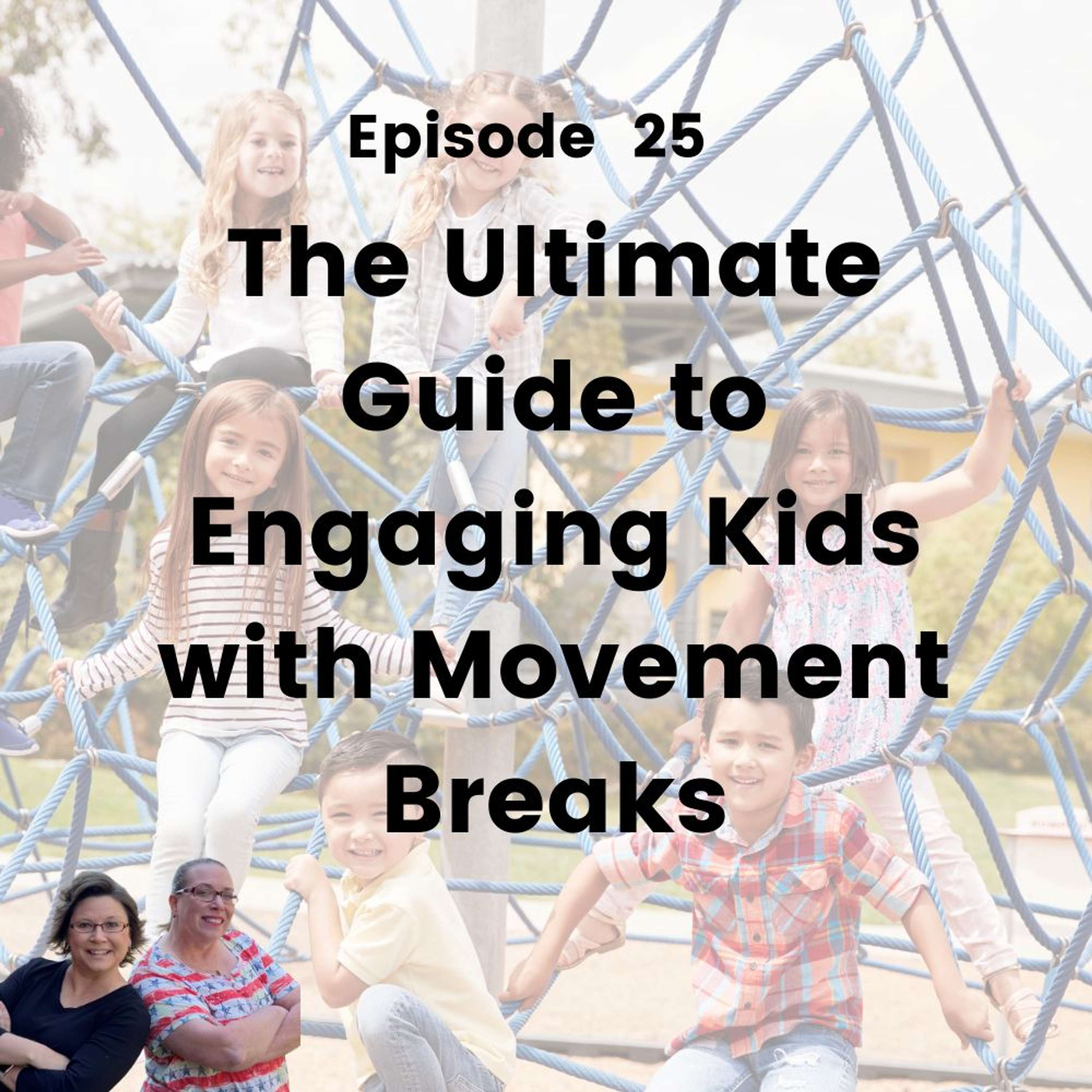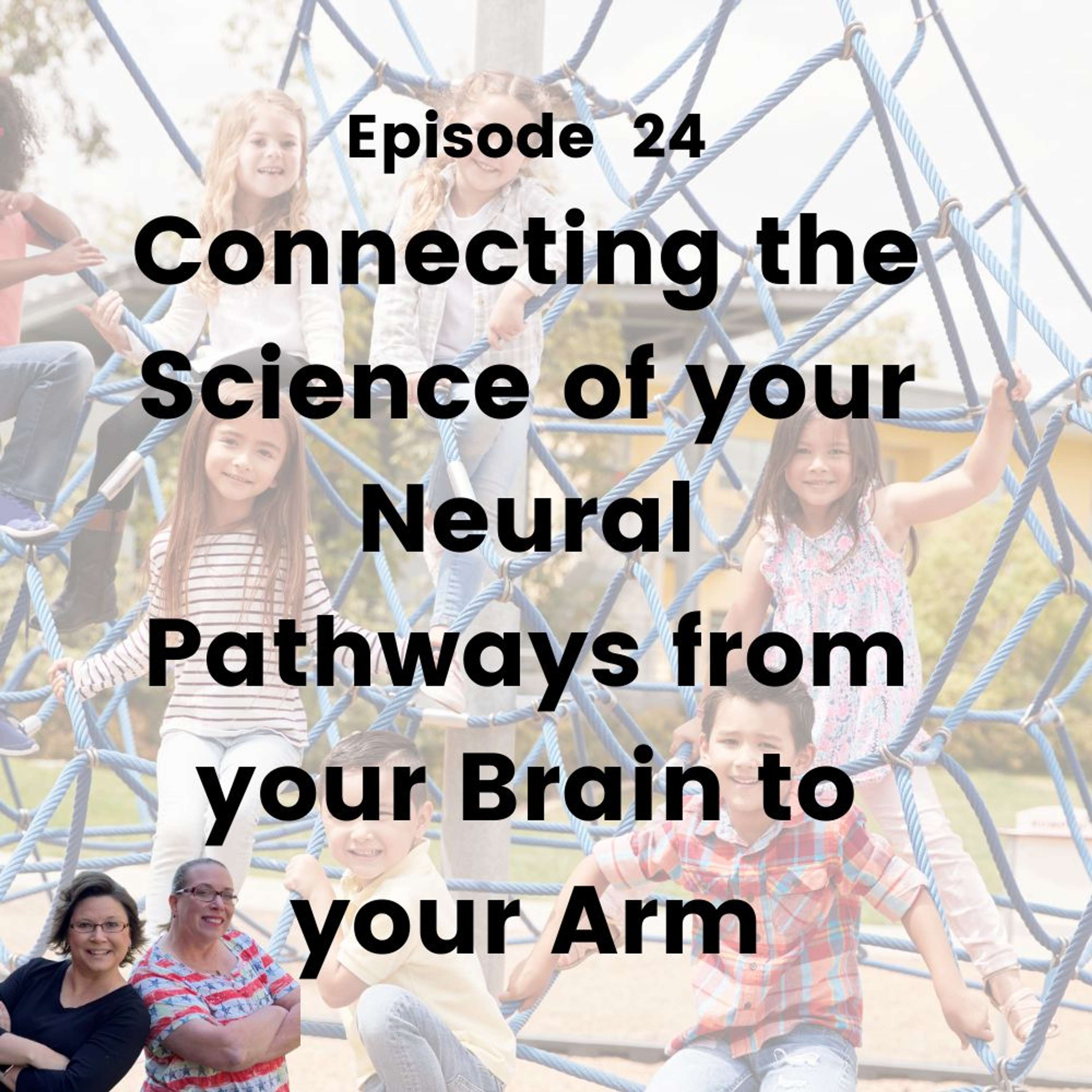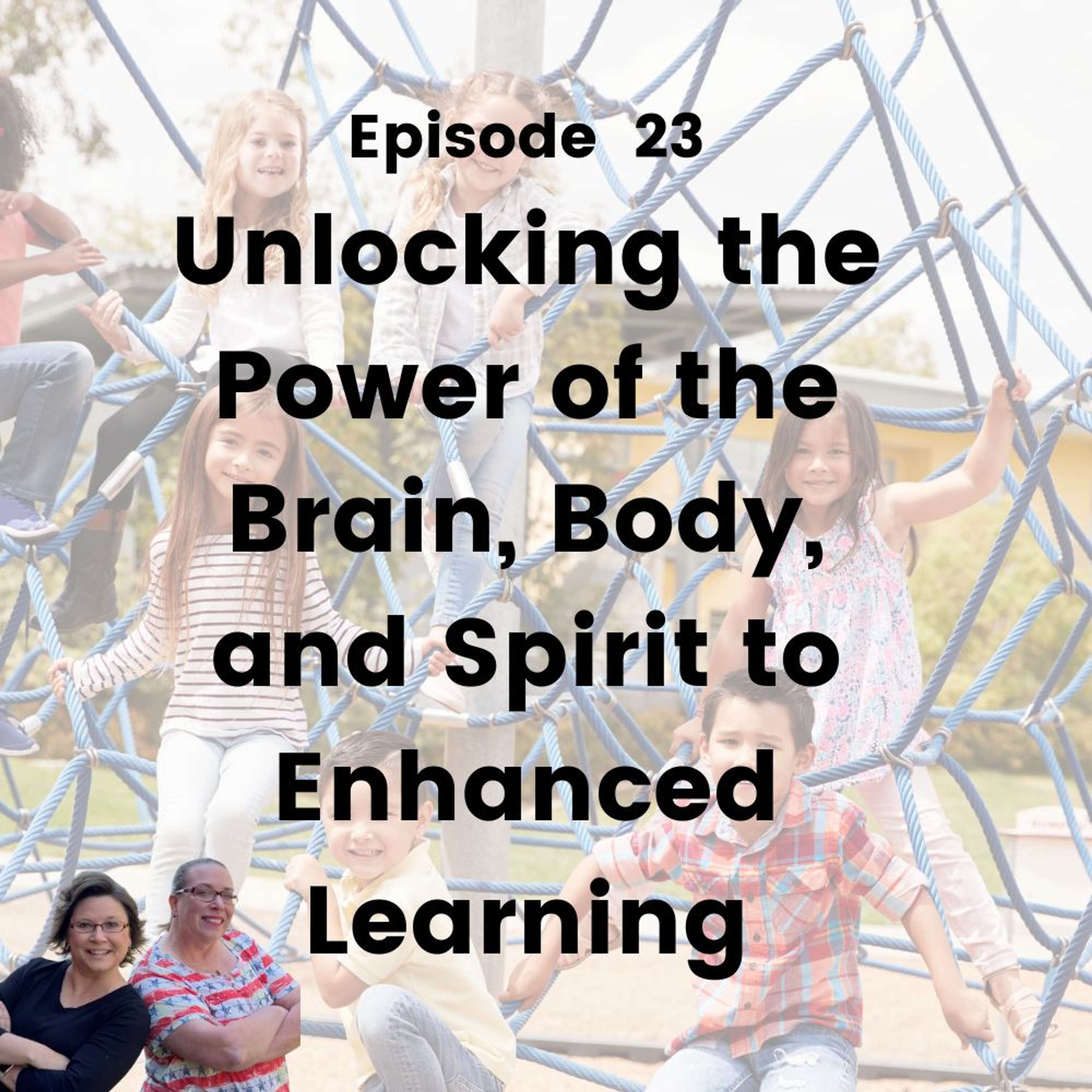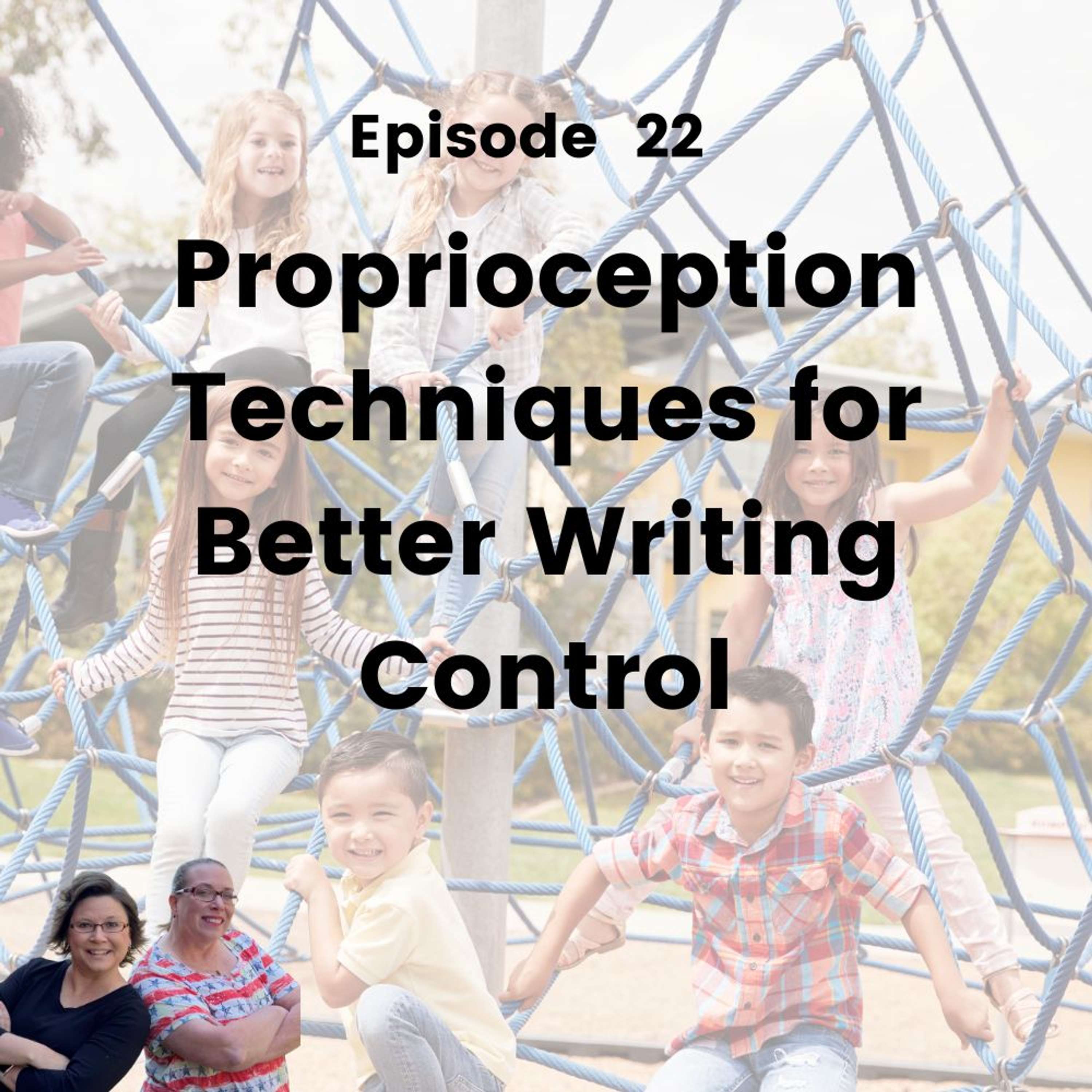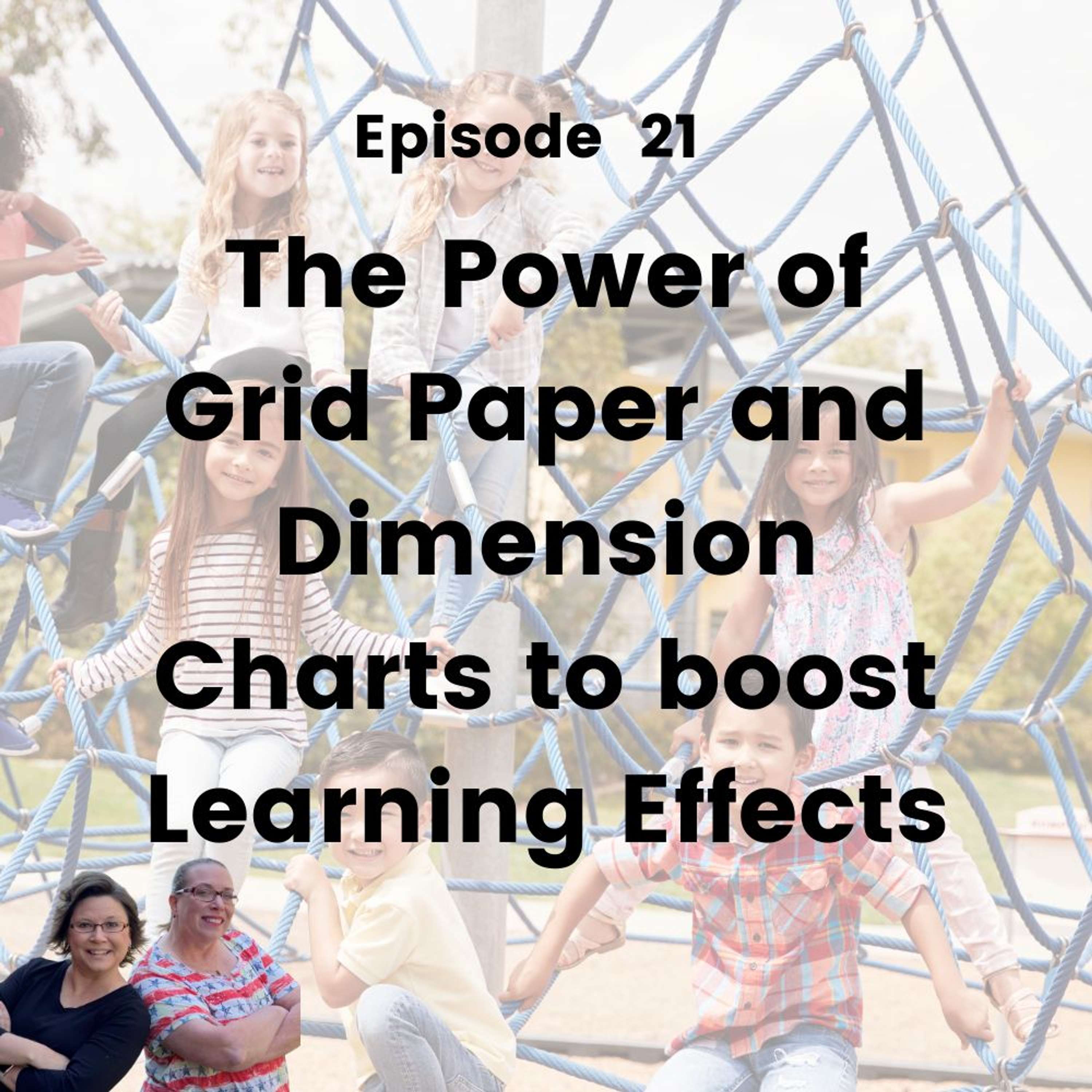TWGPC20: Linking academic and functional outcomes using the DIBELS
[00:00:00] It's Cheri from The Writing Glitch Pocket Cast. Yeah, you have missed a few weeks with me because. The holiday brought us a vacation with our daughter, and I followed up with some bronchitis. Oh, well, but you know, such as life. Anyway. We are back in the swing of, uh, sessions. Uh, for people to get their dysgraphia certification. [00:00:32] At our last event. We had this discussion about DIBELS. DIBELS is a reading fluency assessment that many teachers do. They also can do. Similar ones. In the school district. Anyway, DIBELS. It is a reading fluency assessment. And. [00:01:00] [00:01:00] We, as OTs, don't necessarily understand all that's involved. [00:01:09] Uh, assessing. That formative assessment of the reading. [00:01:16] And. [00:01:18] This discussion that you were going to hear. It was a monthly discussion that meets on a monthly basis. To earn their dysgraphia certification. [00:01:32] They're currently, we were discussing module two. And that is all about reading and writing. And what are the definitions of dysgraphia? [00:01:44] So this is a little excerpt from that. Evening. About the DIBELS.[00:01:55] Cheri: Does your school use DIBELS? That was one of the things we were going to follow up on. [00:01:59] Carol: I [00:02:00] had never heard of it before. [00:02:02] Cheri: My school just started it again. Okay. [00:02:05] Teresa: But it's only, I think it's K 1 2. The other kids continue their actions, but K 1 2. We had it. We lost, we left it. They came back with it because of the new guidelines.[00:02:18] Carol: I'm pretty sure we pulled it up because we looked at what they ask for in high school and what they ask for in kindergarten.[00:02:24] Cheri: I put that question in because I wanted us to think about, as OTs, we understand neuroscience.[00:02:36] Cheri: We understand since preprocessing, we don't understand academics. And that's why I built that module up, and I added all that information about assessments in there because I didn't know that either. And I was like, Oh, I got to share this. Oh, I got to share this. Oh, I got to share this. And when I realized how [00:03:00] intense the DIBELS is.[00:03:02] Cheri: I wanted to ensure people were aware of it and align it with your school's program. [00:03:11] Carol: I wasn't sure when you said the reading participation, but as far as an assessment, I think you're right.[00:03:15] Carol: We don't know. And like Teresa said, we. We're unfamiliar with what it is, but to work holistically with this child, we need to know all that and not necessarily take it. What is written in the evaluation report or IEP, they're reading at this level? I do think, and I mentioned it a lot at my meetings after evaluations, that we often ask, I'm like, what is their reading level? Because we are looking at the reading and the writing. Usually, it goes hand in hand, and if we've got reading up here and our report is down here.[00:03:46] Teresa: When you go to those meetings, and you tell the team that this kid can't write, and they'll go, but they can read.[00:03:53] Teresa: So they don't understand that they're two separate pieces where you'll tell them. Yes, they can read and they may be at grade [00:04:00] level for reading, but they don't get the concepts of the writing and they have so because they can read and a lot of our dysgraphic kids can read, but are they, and then you can go into to they understand understanding what they're reading?[00:04:12] Teresa: Because some of those kids Can read, but can they understand it? Can they, that comprehension you're going to read? You know what I'm saying? So you've gotta hit that other side of it to know like how you've got that defense where you can tell, this is why I need to service them as well, [00:04:25] Carol: Absolutely. [00:04:27] Cheri: Share. Sorry, I'm going to share my screen quickly, but go ahead and finish what you were going to say before I talk. [00:04:36] Carol: I was going to say that along with what Teresa was saying, explaining and finding those kids and things like that, that Teresa, not Teresa, Andrea and I have both been, I think she already has an idea of who she wants to do her case study on.[00:04:51] Carol: And I recently met with a new student. He's interesting.[00:04:56] Cheri: very challenging. [00:04:57] Carol: He's going into 3rd [00:05:00] grade, and that kind of topic we're on had come up, and the mom was saying, look. He can read, but when we get to that writing, we are breaking down, and I said, interestingly enough, I'm taking a course, and I explained it to her, and I said, and.[00:05:14] Carol: We have to do a case study, and she said, if you want to do him, please. I've already got somebody who I'm thinking, all right, let's check this out because he's going to be a, he's going to be a tricky one, but look, whatever, we want to take and try whatever we can, because he really is struggling.[00:05:32] Carol: And like you said, he's at that grade. He's 3rd grade, and we're not even writing names legibly. We're not getting thoughts down, and then we're getting an explosion because we're very frustrated. So there's a lot going on, but I'm toying with him possibly being my case study.[00:05:53] Carol: As we go through, I feel like that's another thing. Since we started this again, as mentioned before at the beginning of the school year, it's very [00:06:00] advantageous.[00:06:03] Carol: Thank you for the new school year. We're seeing kids differently and thinking, could this be, or should I try? And the timing couldn't be better.[00:06:09] Teresa: I think being with Cheri does that to you. It's you have different colored glasses on now that you can go in and be like wait, you've got these radar coming out of you, [00:06:18] Carol: We must find the extra time to see him and do everything we want. Yeah, exactly. And not have to write about it 15 times in 12 different places, [00:06:26] I hope that discussion. I added a little bit of it. Thought. Into your interventions with your students. [00:06:38] This has been. Cgeri Dotterer from The Writing Glitch. This is our Pocket Cast talking about ways to intervene and create collaborative environments for our students. [00:06:55] I hope this discussion on the DIBELS. Was enlightening. [00:07:00] [00:07:01] If you want to learn more about becoming dysgraphia specialist certified. Go to cherodotterer.com And go down to the. Uh, middle of the home page. There will be a link to join the next—IMPACT Formula webinar. [00:07:27] Inside that webinar. We will discuss what comes next, what IMPACT is, and how it relates to dysgraphia and dyscalculia. Remember, you were put here for such a time as this.&...
 Sign in
Sign in Sign in
Sign in Sign in
Sign in